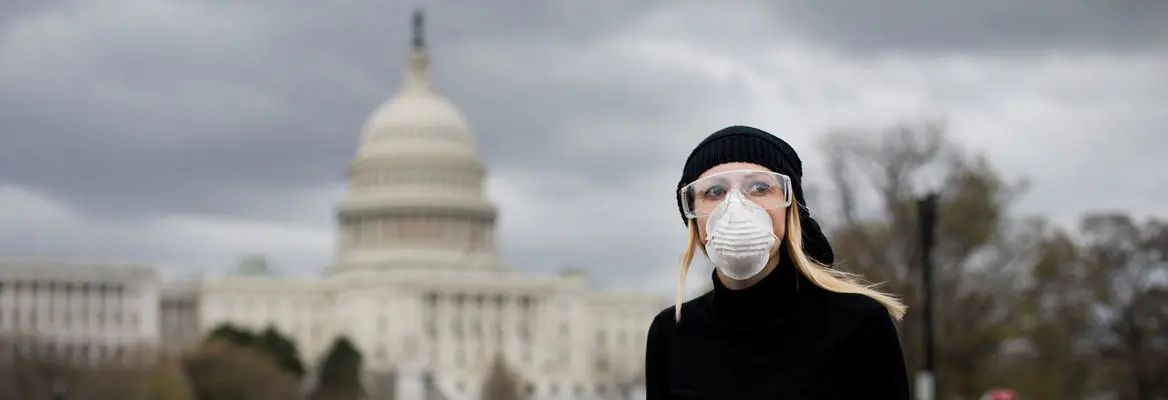In a time of crisis, government intervention is both necessary and proper, but we must remember the damage governments can do when handed too much power. The measures implemented must not be economically damaging for generations to come, and the positive impacts of deregulation must not be overlooked.
In response to the COVID-19 pandemic, governments across the world have implemented a range of measures to try and curb the spread of the virus. Some places like Spain and Italy have adopted a heavy-handed approach and have ordered citizens to only leave their homes if they need to buy food or medicine, or to go to work or hospital. On the other hand, some nations such as Sweden have adopted more liberalised measures. At present, it is the only country in Europe that has yet to close its borders or schools, and hasn’t banned gatherings of fewer than fifty people.
Regardless of individual state approaches, it is abundantly clear that during this pandemic, governments around the world have become more involved in the day to day lives of their citizens. For classical liberals, assessing the degree to which governments should respond to any given crisis can be tricky due to our beliefs on what precisely the correct role of governments is.
Many classical liberals agree with the 19th century philosopher John Stuart Mill’s harm principle as a reasonable way to assess when governments can rightfully exercise their coercive power over citizens. In his 1859 book On Liberty, Mill argued “the only purpose for which power can be rightfully exercised over any member of a civilised community, against his will, is to prevent harm to others.”
Assessing the degree to which governments should respond to any given crisis can be tricky.
On the face of it, the harm principle works well. However, its guidelines become extremely blurry when we are faced with pandemics such as COVID-19, which many people do not know they are carrying, and which has a fatality rate of approximately 3% of recorded cases.
In normal times, it would be near impossible for government to prevent individual activity that had some risk of harm to others (for example driving a car could potentially harm another if crashed), and so typically the risk of harm falls on the individual and their own judgment. However, for the coronavirus, where cases have more than doubled in the last week alone, it’s clear the government must intervene in some way.
Beyond the specifics of the harm principle, many classical liberals more broadly believe that the role of government is to protect “the life, liberty, and property of its citizens”, as 17th century philosopher John Locke put it. Despite classical liberals generally wanting the government to play a small role in the life of its citizens, we don’t believe that governments should be incompetent in protecting lives or inept to protect society in light of a mass threat to people’s lives. Responding to a deadly crisis is as much a suitable role of government as is the imprisonment of murderers or the protection of our borders.
Despite classical liberals generally wanting the government to play a small role in the life of its citizens, we don’t believe that governments should be incompetent in protecting lives or inept to protect society in light of a mass threat to people’s lives.
Despite intervention in a national crisis being necessary, classical liberal principles can still act as a good guide for how governments can respond effectively to COVID-19, while not debilitating the economy.















Join the conversation